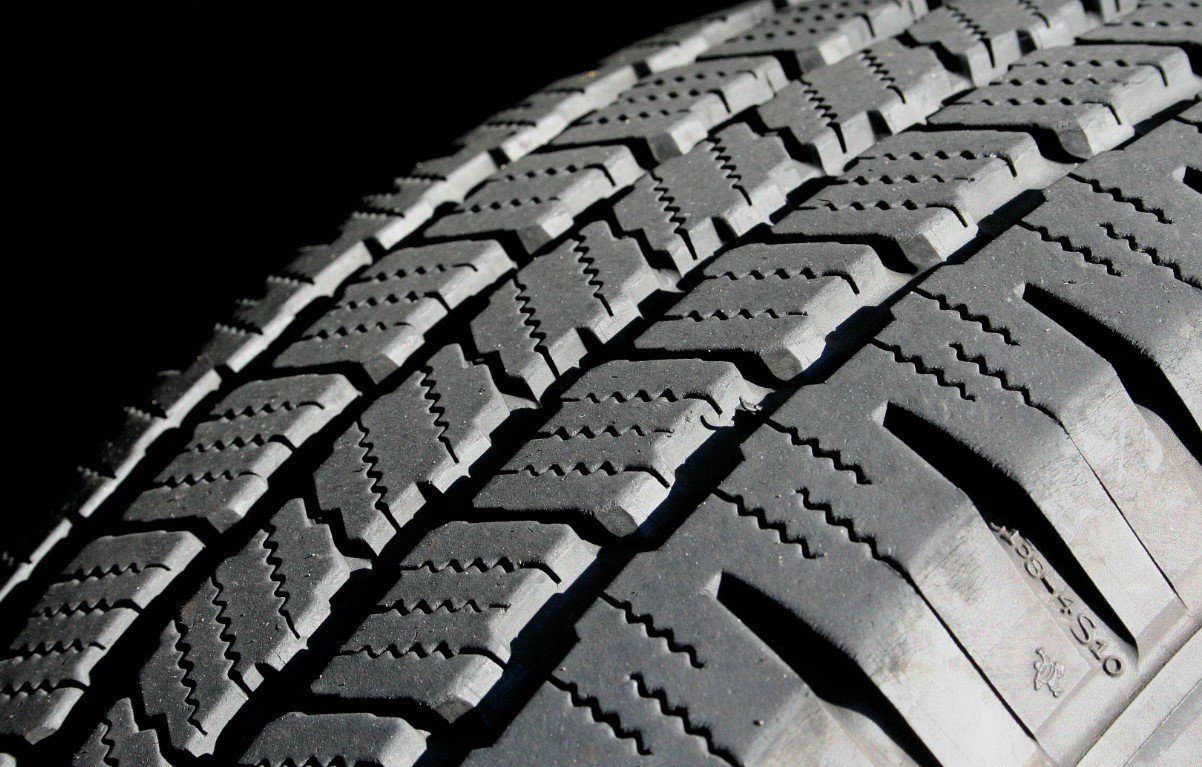In a groundbreaking development, smart truck tire technology is set to revolutionize road safety and fleet management. This innovative technology integrates advanced sensors and analytics to monitor tire conditions in real-time, providing critical data on tire pressure, temperature, and wear. By offering timely alerts and predictive maintenance insights, smart truck tires aim to prevent accidents, reduce downtime, and enhance overall vehicle performance. This article delves into the various aspects of this cutting-edge technology and its potential impact on the trucking industry.
Enhancing Road Safety with Real-Time Monitoring
Smart truck tire technology is designed to significantly improve road safety by providing real-time monitoring of tire conditions. Sensors embedded in the tires continuously collect data on pressure, temperature, and tread wear. This information is transmitted to a central system, which analyzes the data and alerts drivers and fleet managers to any potential issues. By addressing problems before they escalate, this technology helps prevent blowouts and other tire-related accidents, ensuring safer journeys for all road users.

Moreover, the ability to monitor tire conditions in real-time allows for more efficient maintenance schedules. Instead of relying on routine checks, fleet managers can now perform maintenance based on actual tire conditions. This proactive approach not only enhances safety but also extends the lifespan of the tires, leading to cost savings for trucking companies. The integration of smart tire technology into fleet management systems represents a significant step forward in the quest for safer and more efficient transportation.
In addition to improving safety, smart truck tires also contribute to environmental sustainability. By maintaining optimal tire pressure and reducing the risk of blowouts, these tires help improve fuel efficiency. This, in turn, reduces the carbon footprint of trucking operations, aligning with global efforts to combat climate change. The adoption of smart tire technology is thus a win-win for both safety and sustainability.
Revolutionizing Fleet Management with Predictive Maintenance
One of the most significant advantages of smart truck tire technology is its ability to facilitate predictive maintenance. Traditional maintenance practices often involve scheduled inspections and replacements, which can be both time-consuming and costly. Smart tires, on the other hand, provide real-time data that enables fleet managers to predict when maintenance is needed. This predictive approach minimizes downtime and ensures that trucks are always in optimal condition.
The data collected by smart tires includes information on tire pressure, temperature, and wear patterns. By analyzing this data, fleet managers can identify trends and predict potential issues before they become critical. For example, if a tire shows signs of uneven wear, it may indicate a problem with the vehicle’s alignment. Addressing such issues promptly can prevent further damage and reduce the risk of accidents. Predictive maintenance thus enhances the reliability and efficiency of trucking operations.
Furthermore, smart tire technology can help reduce operational costs. By preventing unexpected breakdowns and optimizing maintenance schedules, trucking companies can save on repair costs and minimize vehicle downtime. The ability to monitor tire conditions remotely also means that fleet managers can oversee multiple vehicles from a central location, streamlining operations and improving overall efficiency. The adoption of smart tire technology is therefore a strategic investment for any trucking company looking to enhance its fleet management capabilities.
The Future of Smart Truck Tire Technology
As smart truck tire technology continues to evolve, its potential applications are expanding. Future developments may include even more advanced sensors and analytics, capable of providing deeper insights into tire performance and vehicle dynamics. For instance, sensors could be integrated with other vehicle systems to monitor factors such as load distribution and braking performance. This holistic approach to vehicle monitoring would further enhance safety and efficiency.
Another exciting possibility is the integration of smart tire technology with autonomous vehicles. As self-driving trucks become more prevalent, the need for reliable and intelligent tire monitoring systems will become even more critical. Smart tires could play a key role in ensuring the safety and reliability of autonomous trucks, providing real-time data that supports decision-making and enhances vehicle performance. The synergy between smart tire technology and autonomous driving represents a promising frontier in the evolution of transportation.
In addition to technological advancements, the widespread adoption of smart truck tire technology will require collaboration between various stakeholders. Manufacturers, fleet operators, and regulatory bodies must work together to establish standards and best practices for the implementation of this technology. By fostering a collaborative approach, the industry can ensure that smart tire technology is deployed effectively and safely, maximizing its benefits for all road users.









